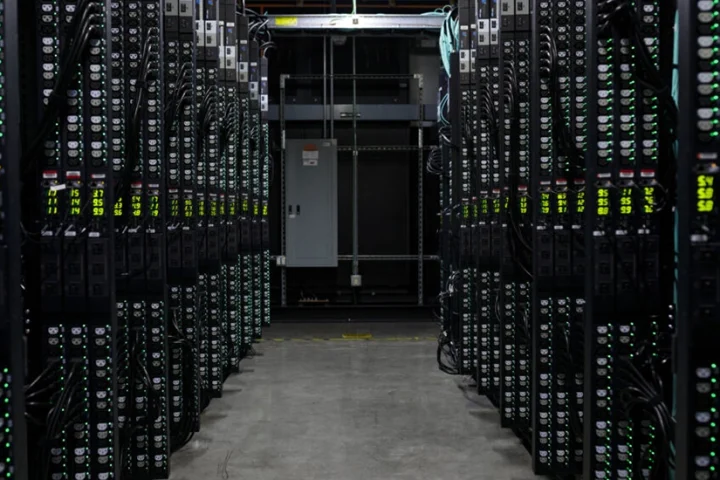Enterprise Asset Management (EAM) software provider IFS Ultimo has integrated AI functionality into its next-generation EAM platform to enhance troubleshooting, and enable organizations to reduce the mean time to repair (M5TTR) of their assets. By leveraging AI, EAM toolsets will be more intuitive, accessible and predictive, therefore driving unprecedented efficiency and effectiveness in asset management practices.
“AI will take EAM to the next level. Our vision for AI is to focus on real world use cases. When considering what AI to integrate into our platform, we are only embedding features which will add significant value for our customers and improve their user experience”, says Chris van den Belt, Head of Product Management, IFS Ultimo. “Infusing our EAM platform with AI functionalities will radically improve employee productivity and maximize asset availability.”
Many AI technologies are geared towards predicting and preventing failures and incidents. However, for the majority of organizations, these technologies are more of a long-term goal than a short-term reality. Reactive maintenance will continue to feature prominently in most organization’s maintenance strategies. With this in mind, IFS Ultimo has made the conscious decision to harness the powers of AI to significantly reduce time spent on reactive maintenance. Realizing these short-term benefits starting today puts long-term objectives within arm’s reach.
Use of AI minimizes downtime and boosts productivity
It is estimated that 80 percent of time in MTTR is spent on diagnosing a problem. The biggest chunk of time wasted is due to a lack of communication and detail in failure reports. With Ultimo’s built-in AI capabilities, organizations can realize tremendous value with each percentage point reduction in MTTR. This is not chump change: the average cost of downtime in manufacturing often exceeds $100K per hour. Beyond the clear financial stakes, the productivity impact is also profound, especially in an industry where skilled labor is already hard to come by. Furthermore, the immense increase in overall data quality unlocks a wide array of new and exciting possibilities for achieving operational excellence.
The newly integrated AI functionality provides better quality of failure reporting. Having to spend less time on diagnosing a problem means skilled employees will benefit from increased wrench time, increased asset availability, reduced admin time, improved collaboration and improved employee satisfaction.
More accurate failure reports accelerate troubleshooting
Front line workers spend the majority of their working day close to the assets they know so well. Any changes to the way these assets look, sound, smell or feel will not pass them by. Using a large language model (LLM), Ultimo detects the asset in question and provides a series of tailored suggestions that the reporter can easily add to the failure report without having to type. In doing so, all of the sensory observations are captured on the report accurately, providing maintenance teams with complete and accurate information to quickly solve the issue and increase asset availability and reliability.
This same approach will be used elsewhere in Ultimo to empower the faster resolution of diagnosed issues and enhance the accuracy of completed work activities registered in the system. The overall benefits include a substantial reduction of time spent on administration, severe improvements to data quality and a boost to employee satisfaction. Furthermore, Ultimo is working on integrated AI features that will greatly improve user experience, such as photo-based meter readings, auto-generated image and document captions and auto-translated multi-lingual data.
















